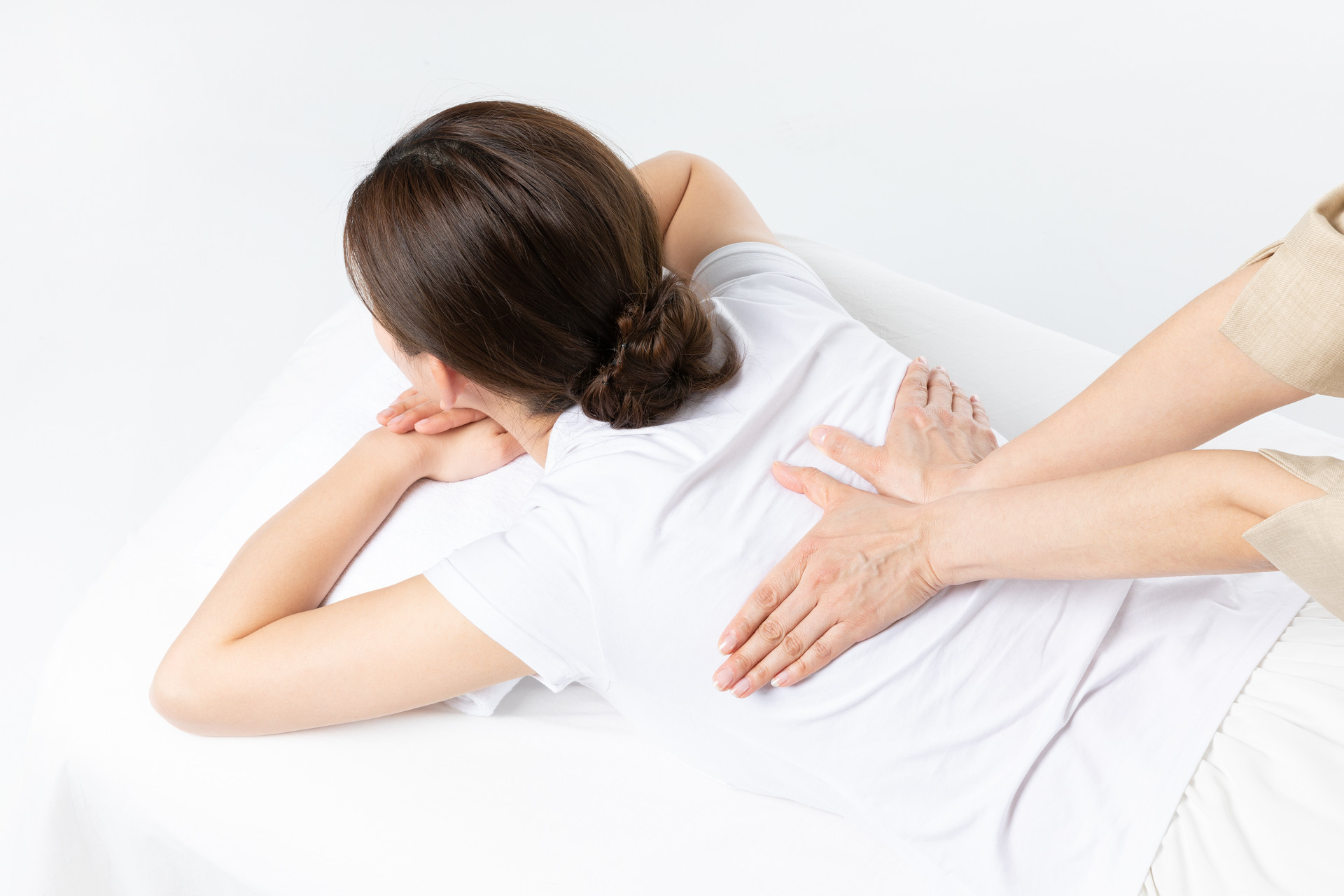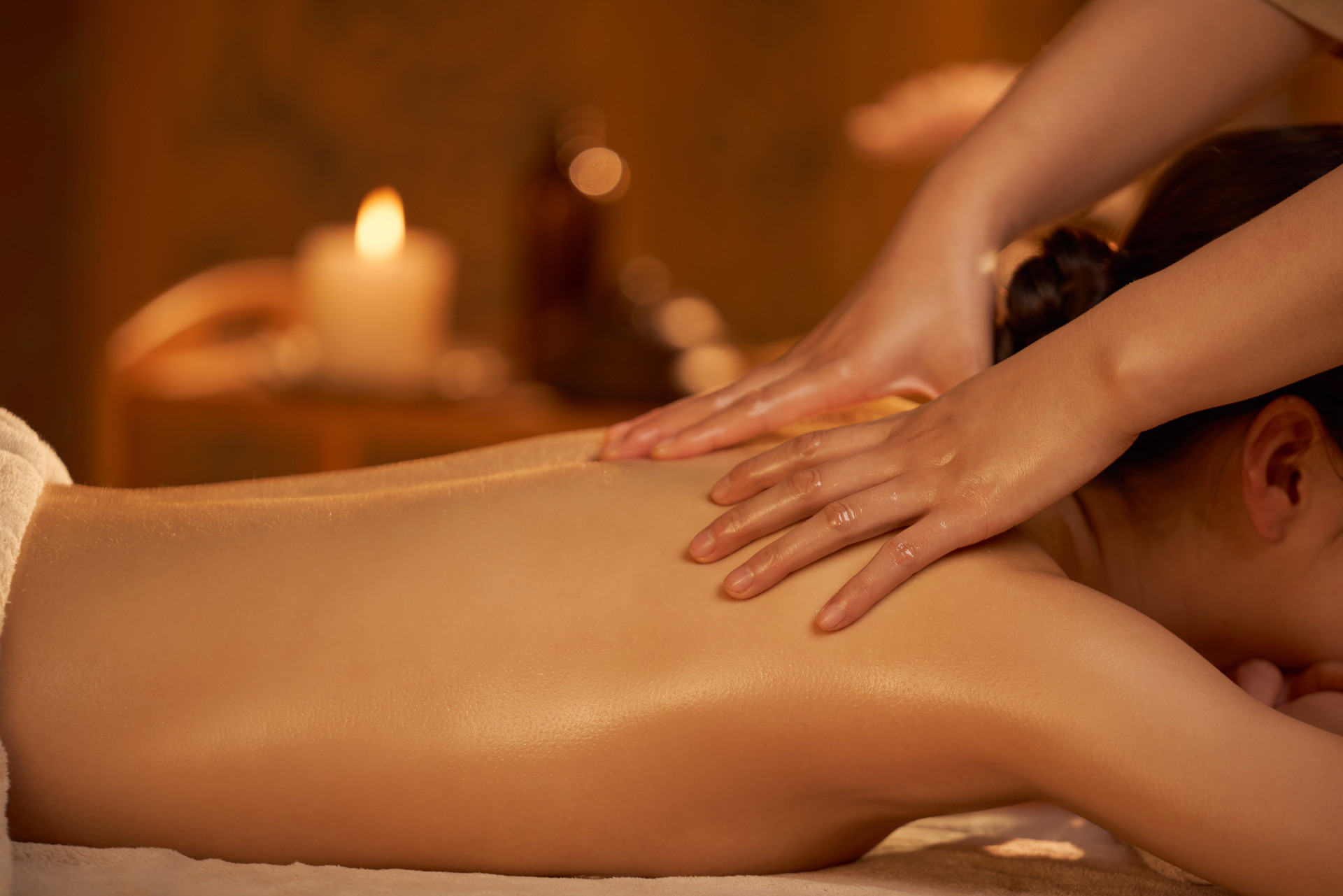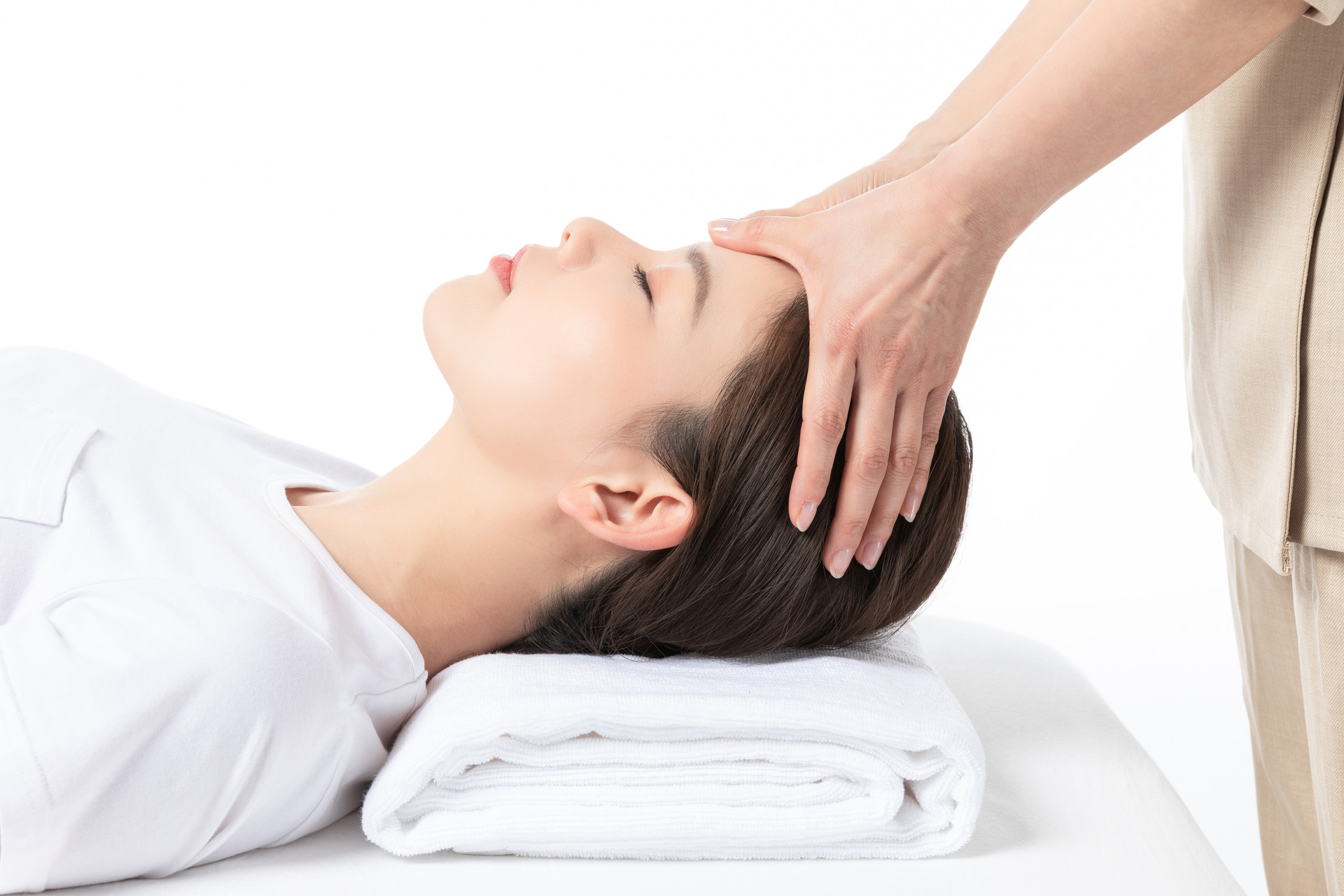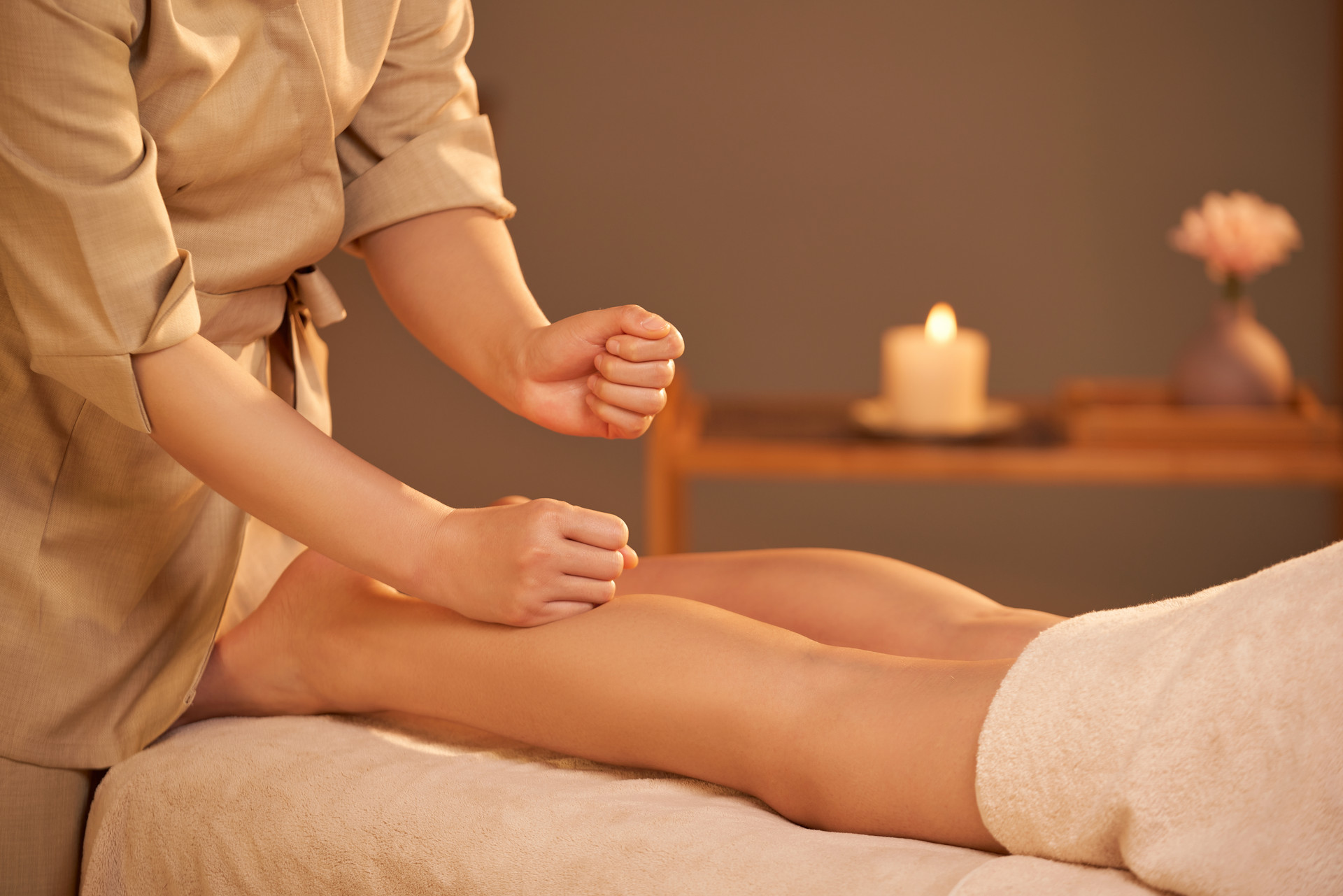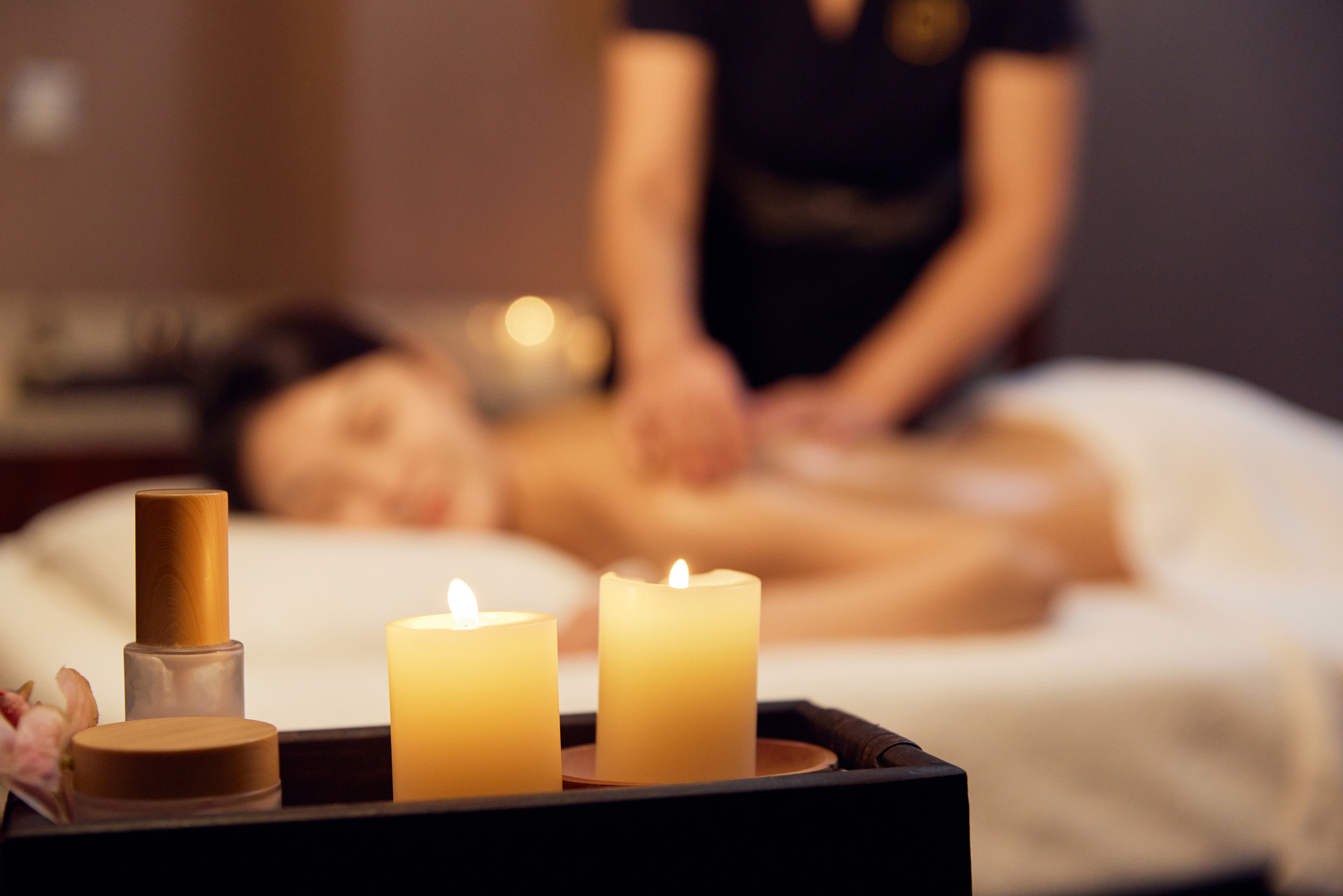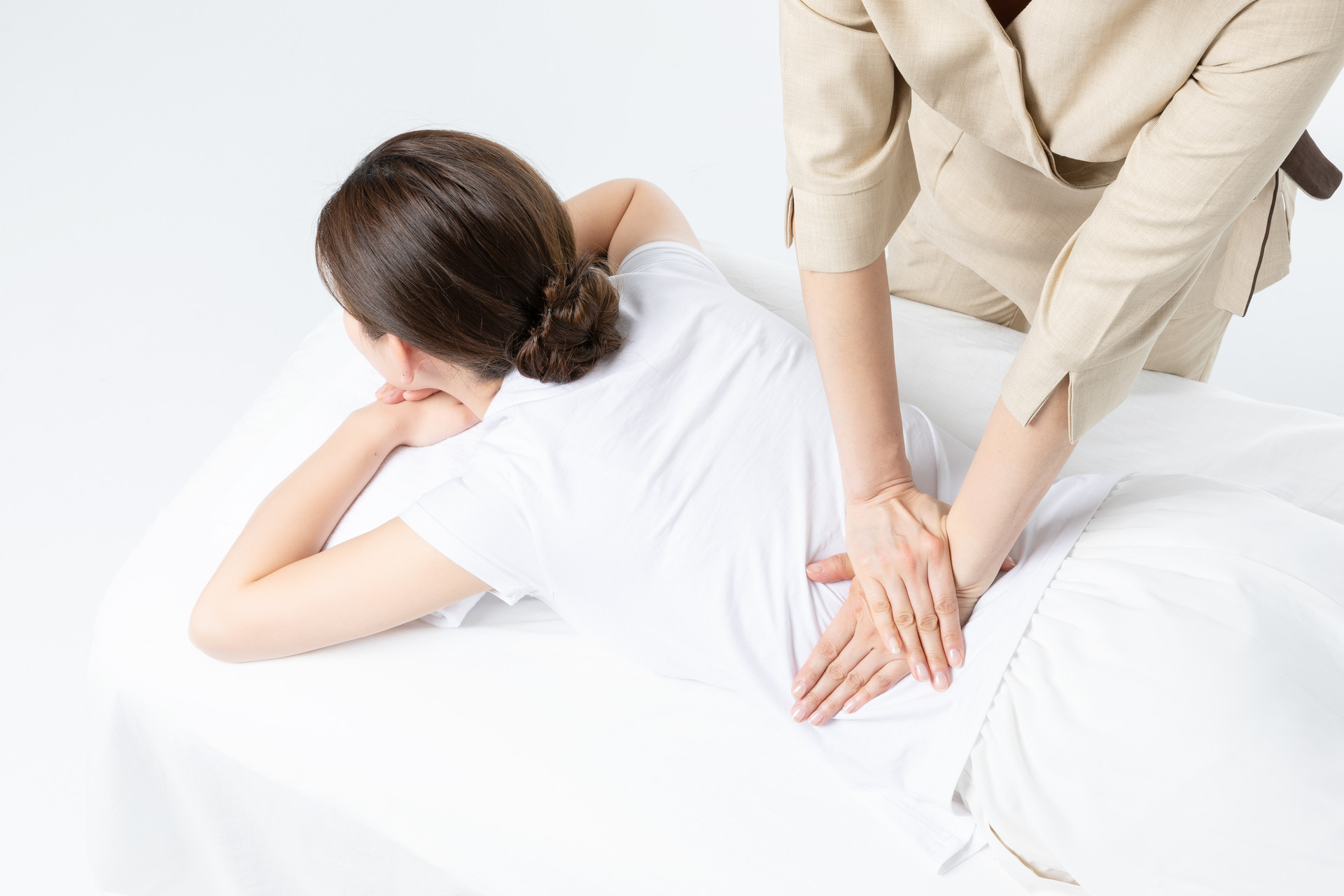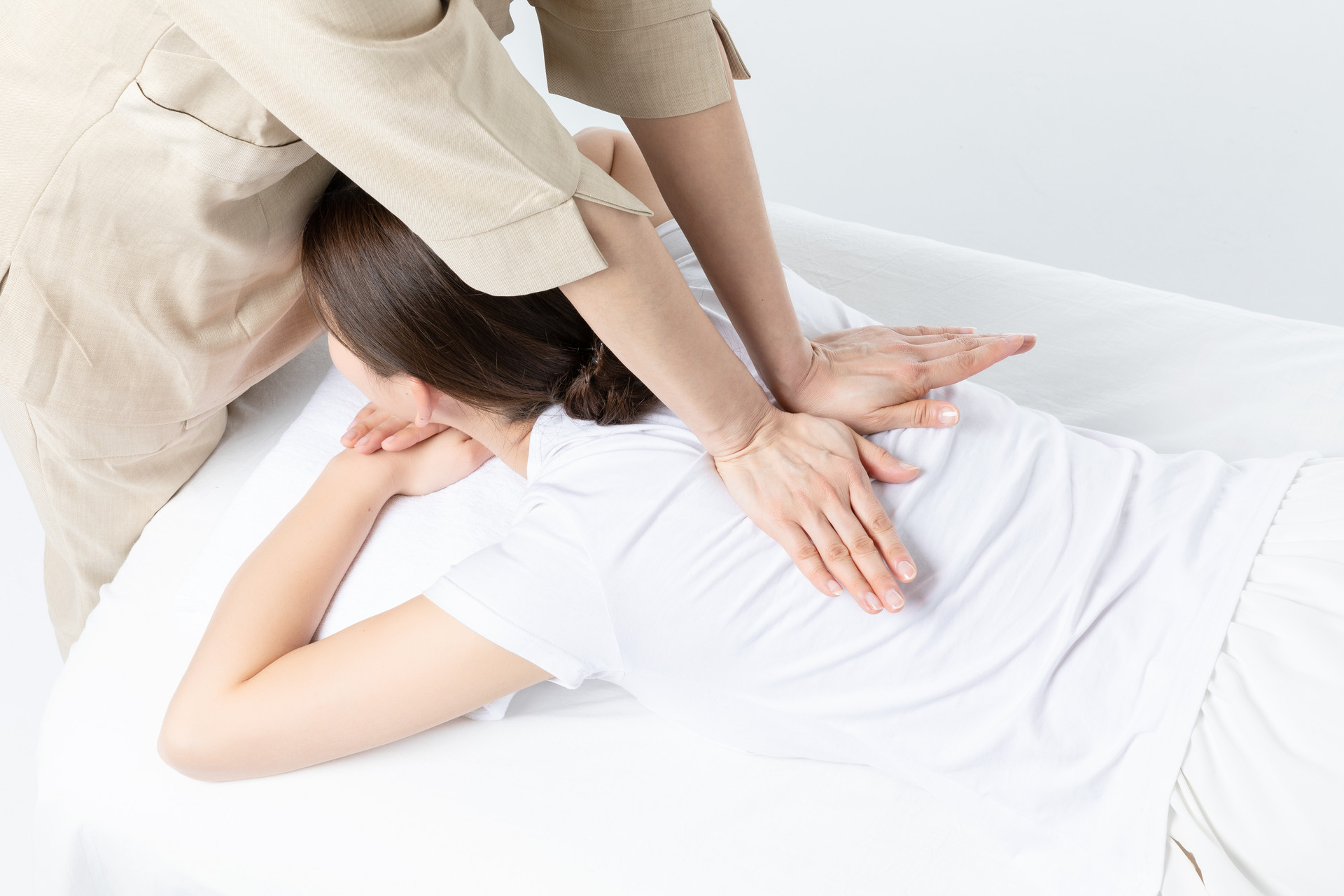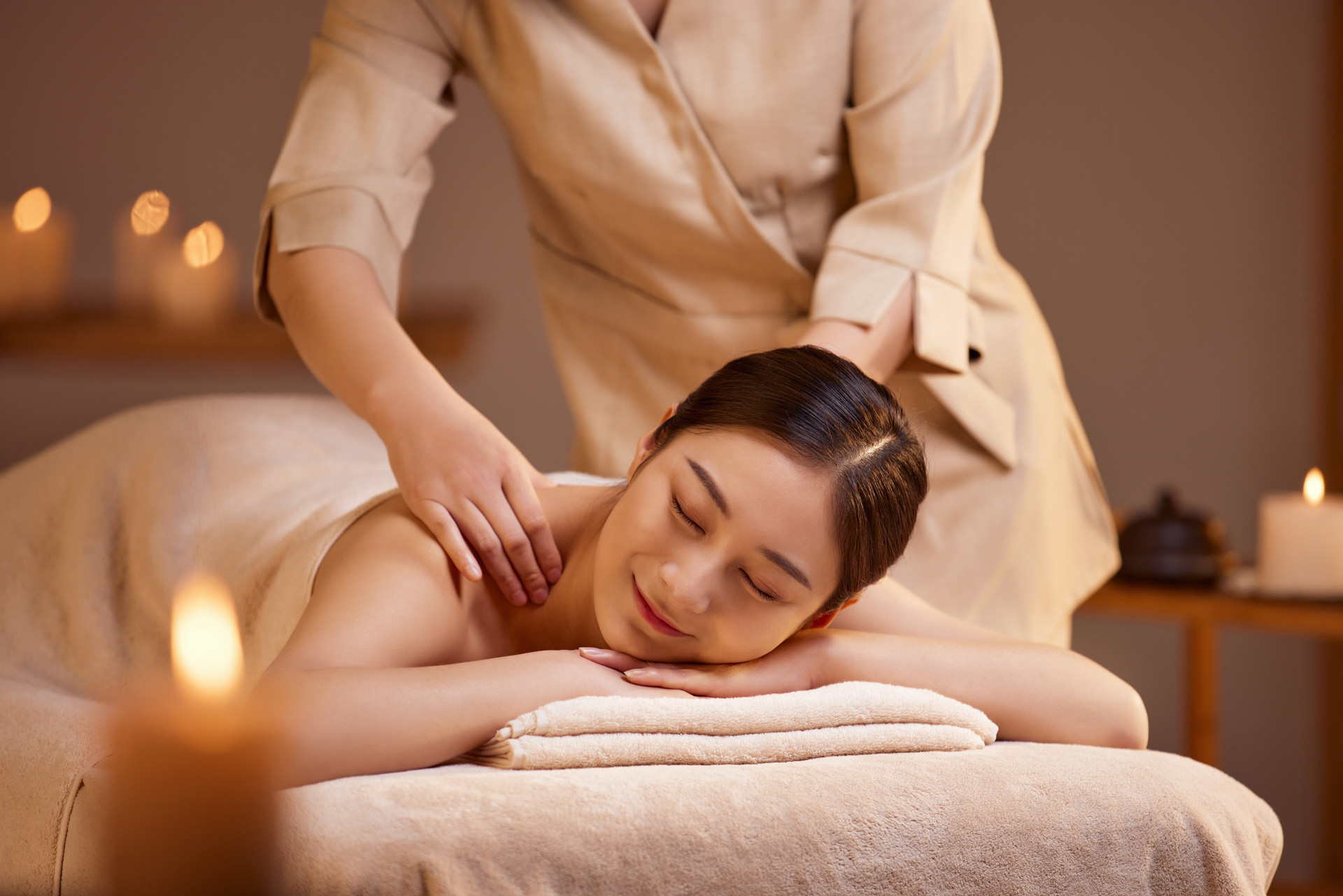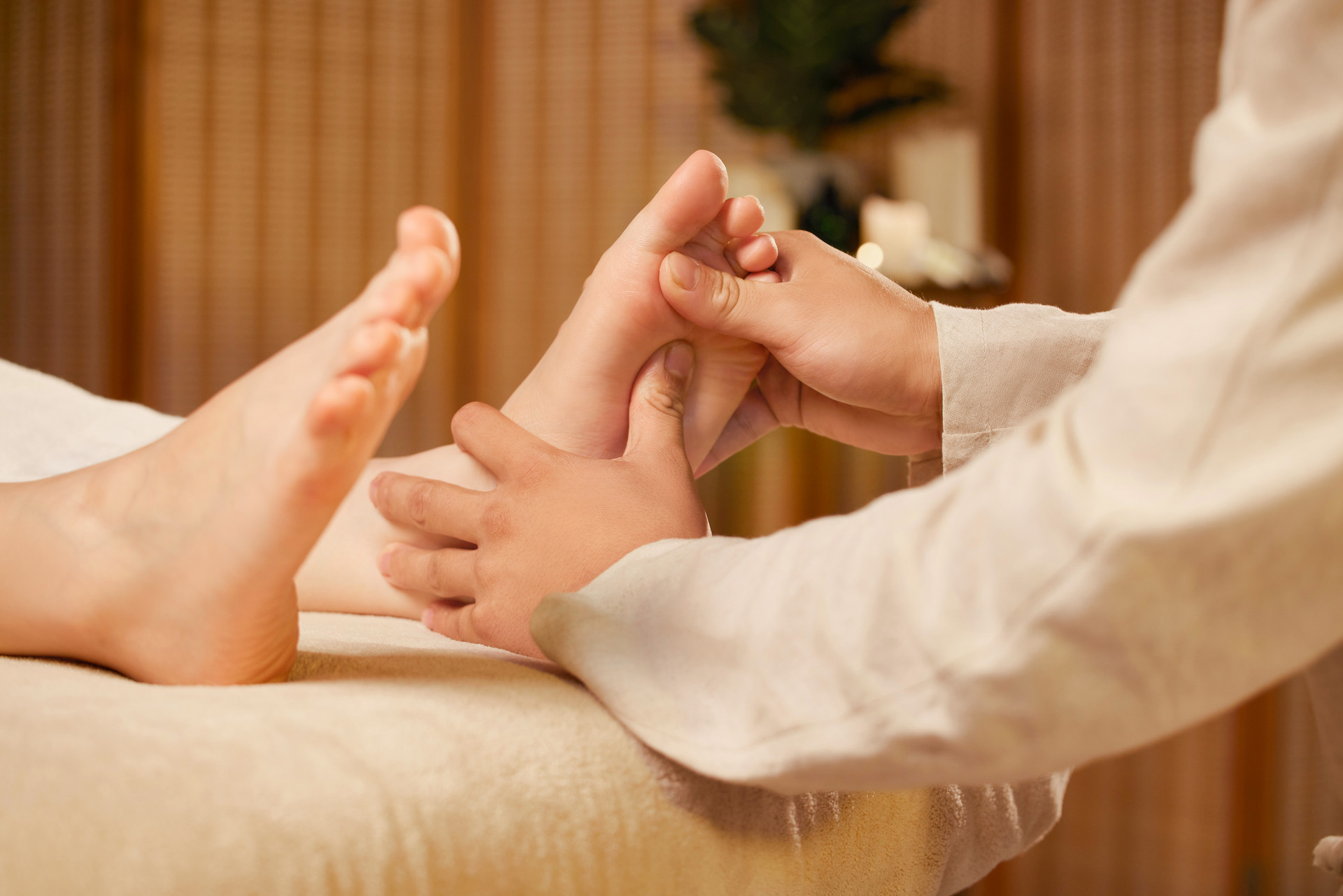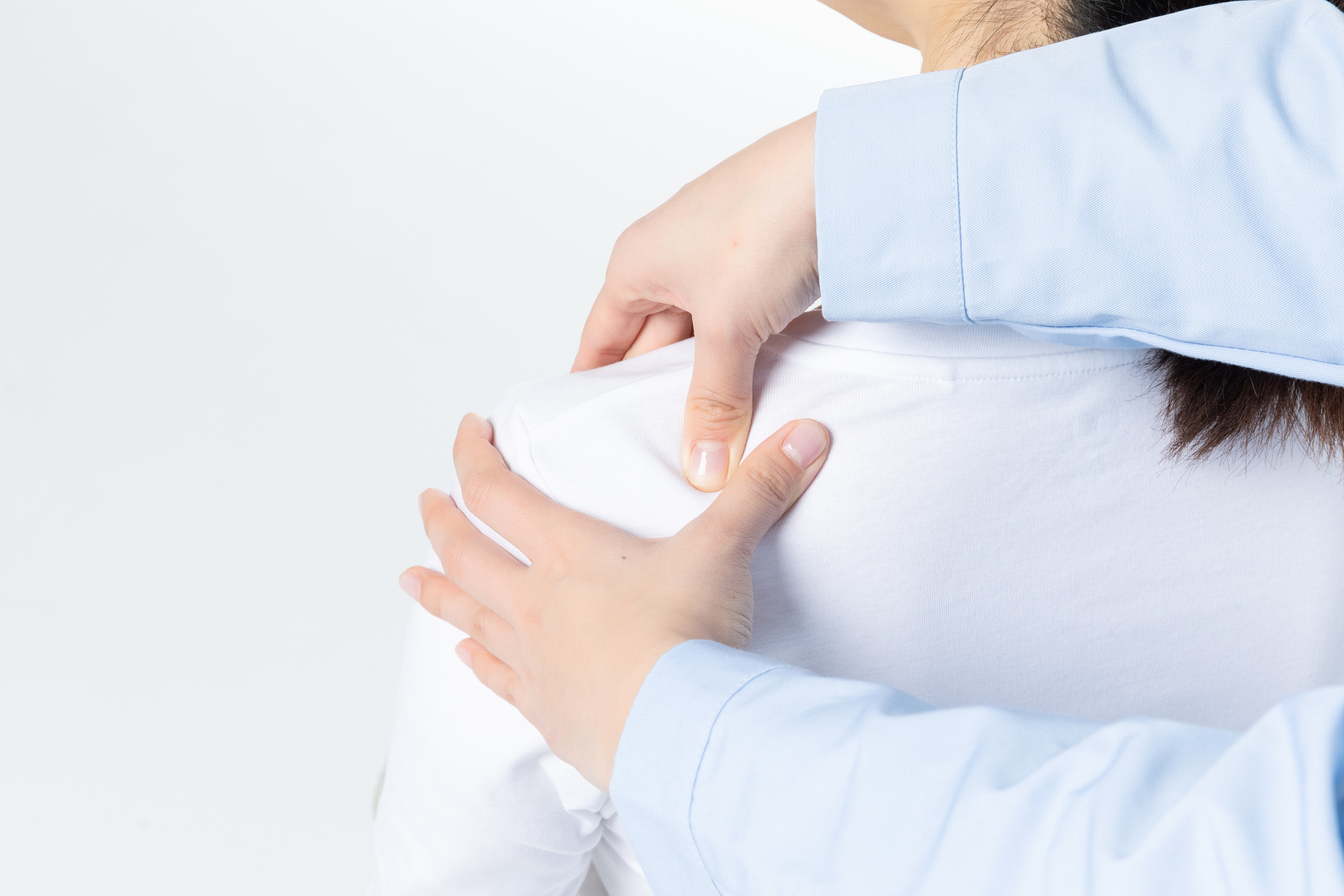In general, children start controlling their urination at around 3 to 4 years old. If a child continues to wet the bed frequently, more than twice a week, for a period of 6 months or longer after the age of 5 to 6, it is medically referred to as "enuresis." Nocturnal enuresis, or bedwetting at night, is a common condition, with boys in China having a higher probability of developing it compared to girls. Pediatric enuresis can be classified as primary or secondary. Primary enuresis refers to children who have been bedwetting since a young age, while secondary enuresis refers to children who have had a period of at least 6 months without bedwetting and then started bedwetting again. The exact cause of primary nocturnal enuresis is still unclear, after excluding any underlying medical conditions.
Clinical Manifestations
The majority of pediatric enuresis cases are primary enuresis, with nocturnal enuresis being the most common type, especially among boys. Approximately half of the children with nocturnal enuresis wet the bed every night, with some wetting the bed 2 to 3 times per night. The frequency of bedwetting may increase after excessive activity, excitement, fatigue, or physical illness during the day, while daytime enuresis is less common. Children with enuresis often experience night terrors, sleepwalking, hyperactivity, or other behavioral disorders.
Massage Treatment The main focus of massage treatment is to tonify the spleen, invigorate qi, warm the kidneys, and consolidate the bladder. The main acupoints used are the Ren meridian, the Foot Tai Yin Spleen meridian, and the corresponding acupoints on the back. The technique should be gentle and reinforcing. Instruct the patient to lie supine and massage the Guan Yuan and Zhong Ji acupoints using the middle three fingers in a clockwise direction for 5 to 10 minutes, applying gentle force to create a slight warmth in the abdomen. Then, instruct the patient to lie prone and massage the Bladder Shu acupoint with the thumb for 5 to 10 minutes, applying force towards the foot.
The Guan Yuan and Zhong Ji acupoints both belong to the Ren meridian and are important acupoints for warming yang and invigorating qi, which are effective in treating pediatric enuresis. The Bladder Shu acupoint is the corresponding acupoint for the bladder on the back. When the bladder is under attack, it must fight back and emerge victorious.
Behavioral Therapy for Bedwetting in Children
(1) Interruption of Urination Training: Encourage children to interrupt their urination midway, count from 1 to 10, and then empty their bladder. This training can help improve the control of the bladder sphincter muscle.
(2) Urine Withholding Training: During the day, encourage children to drink more water and when they feel the urge to urinate, ask them to hold it for no more than 30 minutes. This training helps expand the bladder and increase its capacity, thereby reducing the frequency of nocturnal urination.
(3) Timed Training: At the usual time when bedwetting occurs, set an alarm clock to wake the child up half an hour earlier and have them walk around indoors or wash their face with cold water to fully empty their bladder while being in a clear state of mind. The purpose is to establish a conditioned reflex.
(4) Prompt Bedwetting Detection: Parents should promptly discover bedwetting and encourage children to empty their bladder, dry the affected area, change their underwear, and handle the wet bed.
(5) Record Keeping: Parents should record the reasons and frequency of bedwetting every day and mark them on a schedule, summarizing it once a week to identify any patterns. Encourage and praise the child for any progress made.
(6) Reduce Evening Fluid Intake


